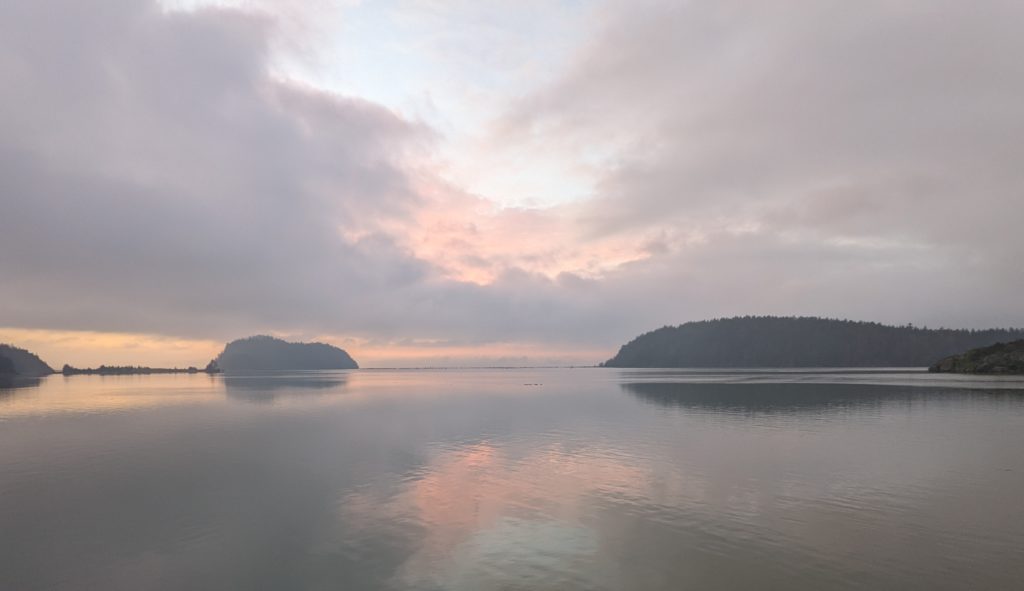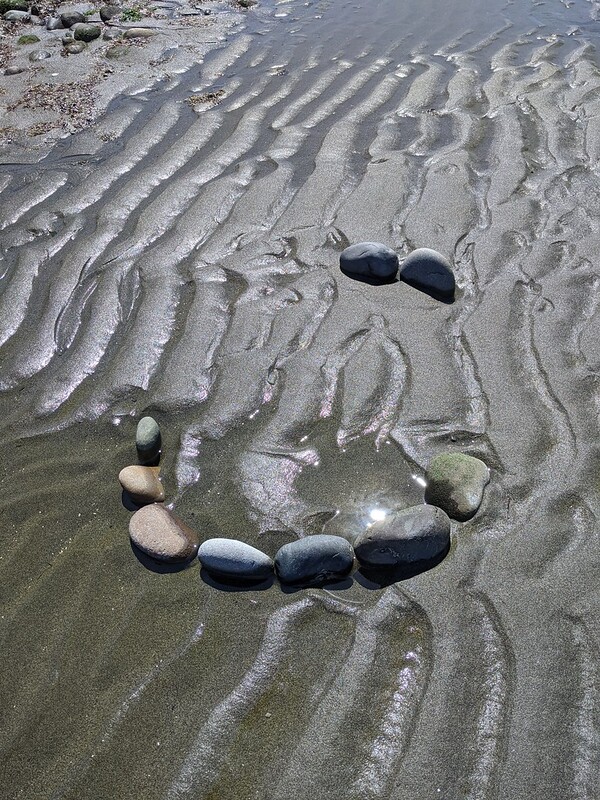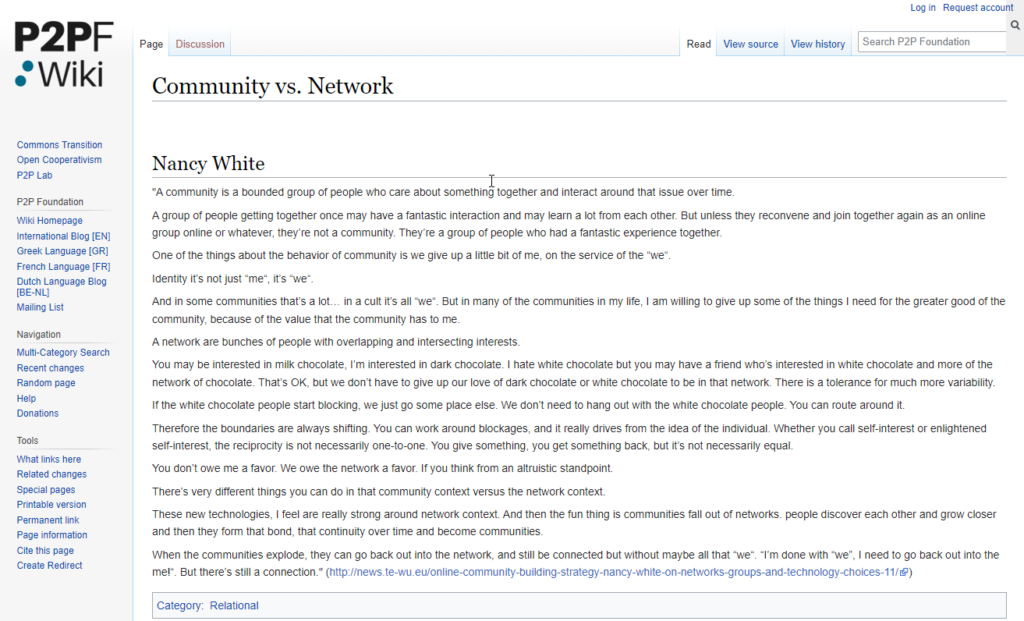I was in an email conversation last week about endings. Endings of collaborations. Endings of communities of practice. Something I want to ponder and write about. It seems to me, like in any other part of our lives, we do little to build a literacy and practice of endings. Endings provide an amazing place for reflection and harvesting of insights. Things dawn on us that we might have been too busy to notice.

When I dove back into the draft archives today, I dug the quote below out of the 2011 and it rose to the surface. And shockingly (yay Scott Rosenberg’s personal blog), the post is still web-viewable. TT refers to Table Talk, the online community hosted by Salon.com.
Two things stand out. First, Scott’s important note that we should not confuse community with content. Still true.
Don’t think of “conversation” and “community” as subsidiaries to “content.” They aren’t after-thoughts, add-ons, or sidebars. They are the point of the Web.
Scott Rosenberg – fuller quote below
Seems we still do worship content over conversation and community, albeit now in the guise of simply “social media.” (I’m talking to you, Facebook, Twitter, Instagram, Google, et. al…)
Here is what the Salon community staffer wrote of the Table Talk (TT) community closing, quoted from Scott’s piece, because Salon’s is no longer online…
Over the years in TT, we occasionally had members who said they were suicidal, and their virtual friends rushed to offer very real assistance. We had a few members meet and fell in love. Some even had kids. There are people living now in the world because of this funny place, and of that I am proudest. And though this is the end of a nearly 16-year adventure that I adored being part of, it’s not the end of the friendship and the wisdom and the sass that made this, truly, one of the very best places to be on the Net. We’ll see you around, I promise.
via Au revoir, Table Talk – Inside Salon – Salon.com. (DEAD LINK – see, Salon.com didn’t thing this was worth saving… nw)
Did we still see each other “around?” That brings me to the second thing that poignantly comes up for me is how we honor – or don’t – conversation anymore. It is diluted by breadth, rather than nurtured, contemplated and developed in depth. Not to get maudlin or talk about the “good old days,” but if I’m spending my time skimming posts on FB, Instagram, Twitter; leaving drive by likes or comments, how much conversation am I really part of? Not much.
As I continue my sabbatical, my “fallow period,” I’m luxuriating in the availability of time to go a little deeper. And maybe cut out some of that breadth.
Here is Scott’s fuller quote:
I don’t second-guess Salon’s leadership for deciding to end TT today — I might well do the same in their shoes. I do think there’s a lesson here, though, not just for Salon but for all the other enterprises out there today that dream of doing what we tried for so long to do at Salon. (Hi, Arianna; hi, Tina.)
The lesson is simple: Don’t think of “conversation” and “community” as subsidiaries to “content.” They aren’t after-thoughts, add-ons, or sidebars. They are the point of the Web. Here’s how I put it in Say Everything:
[Interactivity] is just a clumsy word for communication. That communication — each reader’s ability to be a writer as well — was not some bell or whistle. It was the whole point of the Web, the defining trait of the new medium — like motion in movies, or sound in radio, or narrow columns of text in newspapers.
Editors and publishers keep crossing their fingers and hoping to find some new platform that reverses this principle and puts them back in the comfortable realm of piping content out to consumers. They think this stuff will finally settle down. But change keeps accelerating instead. Today we are feeding one another stories, passing links around, telling friends what we’re fascinated by or excited about or steamed over. My Flipboard is more useful and interesting to me than the front page of the New York Times (sorry, Bill Keller). The conversation isn’t an after-thought. It’s interesting in itself, and it’s how we inform one another.
So Table Talk is dead: RIP. But Table Talk is everywhere, too — on Facebook and Twitter, all over the blogosphere, and in a billion comment threads. Table talk is what we do online. It’s not what comes after a publication’s stories. It’s what comes before.
BONUS LINK: If you haven’t already, go read Paul Ford’s wonderful essay on the nature of the Web and its fundamental question — “Why wasn’t I consulted?”


